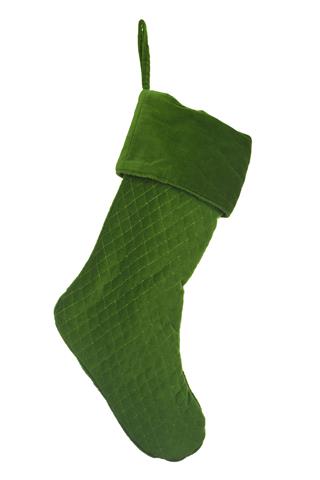
While sleeping, you may get bitten by various insects found in your home. In this article, we have discussed the many ways on how to prevent bug bites while one’s asleep.
Getting bug bites while sleeping is a common occurrence. It may or may not cause severe harm to your health but it can disrupt your sleep at night. Each bug has its own characteristics and it looks different. Moreover, the accompanying symptoms also vary from insect to insect. Depending upon the symptoms, some bites require immediate treatment while others heal on their own.
How Do They Look?
The bugs that are hidden in your bed and other places around the sleeping area, are referred to as bed bugs. They are tiny, wingless insects with a flat, brown-colored body. They are parasitic in nature and feed on animal blood, particularly human blood. They bite sleepers at night and then go into hiding during the day. As the bugs bite you in your sleep, you may not even sense that you’ve been bitten. The appearance of the bed bug bite is very similar to that of a mosquito’s.
How Do They Bite?
A bed bug pierces its sucker into the skin to suck blood out. It takes around 5-10 minutes to fill up its body with blood. The bitten area then swells up and causes severe itching for a few days. A unique characteristic of bed bugs is that the welts usually follow a linear pattern. Those who have very sensitive skin can get blister-like eruptions after excessive scratching. Some people may feel pain due to the bites and others may not feel any pain at all.
Are Bug Bites Dangerous?
Bug bites aren’t a serious health issue. So far, no such evidence has been found which suggests that bed bugs carry any transmittable diseases. However, if you scratch the welts excessively, then you may get an infection. Therefore, you must control the urge to scratch. Washing the area with antiseptic soap and applying a cold compress, will provide some relief from the itchy sensation. Antiseptic cream also helps to reduce persistent itchiness. Those who are prone to allergies should not neglect a bed bug bite and consult their doctor for proper treatment.
What about Mosquito Bites while Sleeping?
Apart from bed bugs, the most common insect that bites us when we’re asleep, is the mosquito. They are also parasitic, where the female species of mosquitoes need to feed on blood in order to lay eggs. Mosquito bites cause an itchy sensation only for a few minutes. The skin swells up after a mosquito bite but is absolutely harmless. However, to prevent bites from a mosquito, apply a repellent cream that creates a barrier between the mosquito your skin. Also, mosquito repelling devices can be set up at home, to keep them away. Precautionary measures must be observed since mosquitoes are known carriers of malaria and dengue.
What About Spider Bites?
Spiders usually do not bite humans. This is because they are not parasitic in nature and hence, they will bite humans only if provoked or startled. It’s more out of self-defense than a direct attack. While biting, spiders do not suck out blood but inject enzymes into the tissue. Spider bites do not cause any skin irritation but the affected area swells up to form a lump. At the center of the lump, you can see the point at which the spider pierced the skin. In some rare cases, spider bites have serious effects like blood poisoning and other infections. If the bitten spot turns red, then a doctor should be consulted immediately.
How Do I Avoid Bug Bites?
You have to maintain overall hygiene of your home to protect yourself from household bites while sleeping. Bed bugs excrete fecal matter that appear as brown spots on the bed, which is a sure sign of an infestation. Regularly vacuum-cleaning of carpets, mattresses, and furniture will help control the occurrence of these bites. If your home is badly infested by bed bugs, then you need to get in touch with an exterminator. Also,
- Change bed sheets regularly (in the case of bed bugs) and tuck them under your mattress; do not leave sheets falling loosely around your bed.
- Use a bug repellent for hard-to-reach nooks and crannies around your bed, and home.
- Give a trusted pest control company a call, every time the bug bite incidents increase.
- While sleeping during the night, wear pajamas and socks to protect your legs and feet.
- Use calamine lotion on irritated skin, products that contain DEET (repellent sprays), and creams that contain mild hydrocortisone, a local anesthetic, or antihistamine ingredients.
It is better to use a metal frame bed since bed bugs tend to hide inside crevices. Mosquitoes have a natural tendency to lay eggs in stagnant water. So, be sure not to leave water stagnate in and around your house, to prevent mosquitoes from breeding. The doors and windows should be covered with proper screens to stop mosquitoes and other harmful insects from entering into your home.




